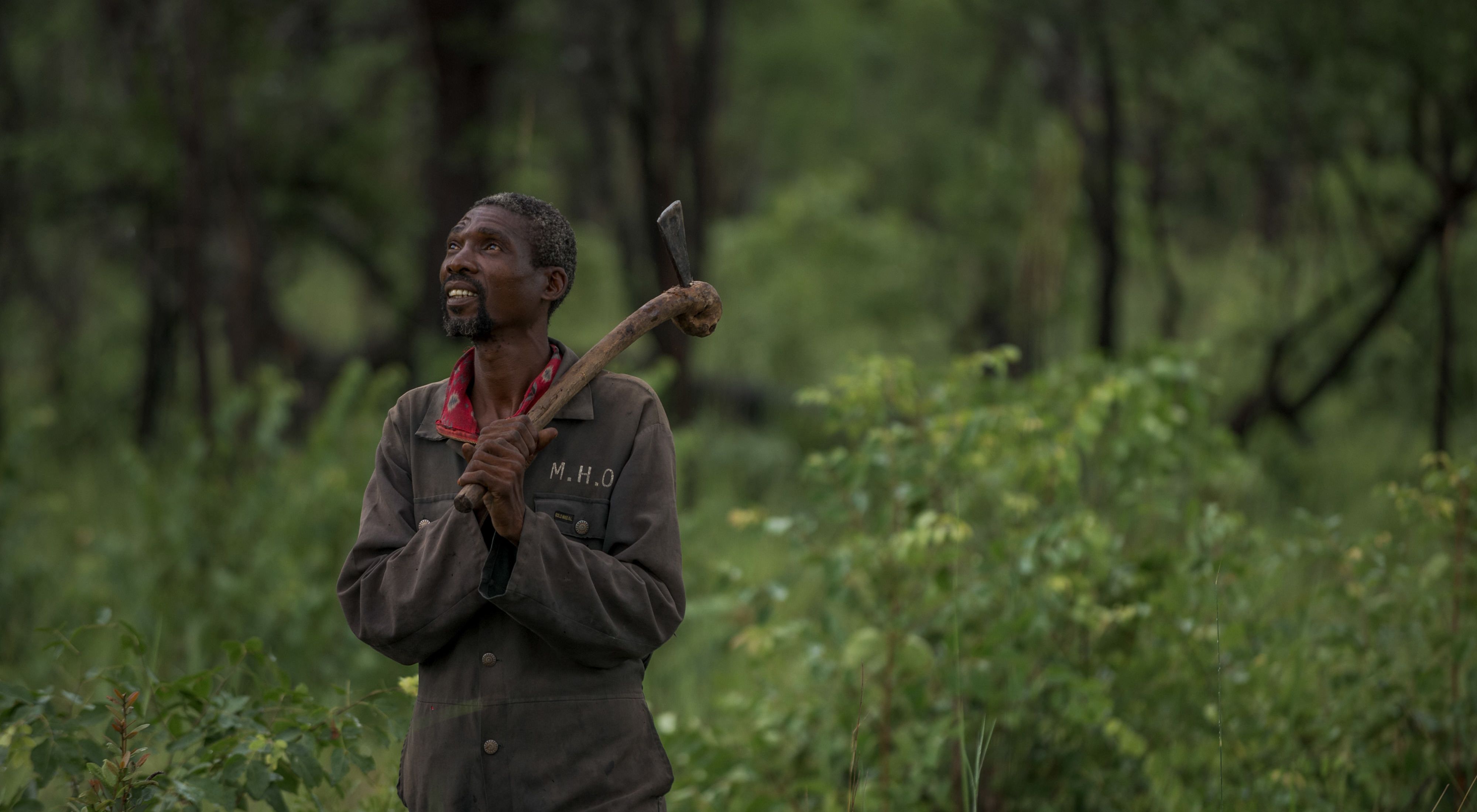It can take up to four days for the Mulobezi train to make its 100-mile journey on ancient, battered tracks through the remote wild of western Zambia to Livingstone, where the Zambezi River bursts forth as Victoria Falls.
Nature and time are slowly overtaking rails laid down by the British in the 1920s to reach hardwood forests of the Barotseland region. In just one decade, the colonialists had exhausted easily accessible woodlands along the Zambezi to fuel a building spree, and they were forced to press deeper into the wild for lumber.
For nearly a century, the train has been carrying trees away from the people—and wildlife—that depend on them.
Though the British are gone, the story has fundamentally remained the same: timber is harvested and sold with far too little benefit to those who live here.
Until now.
Thanks to Nature Conservancy supporters, a community in the heart of the forest has won the right to sustainably harvest and profit from their resources. Find out how this “first” in Zambia could be a turning point for nature and people across millions of still-wild acres.
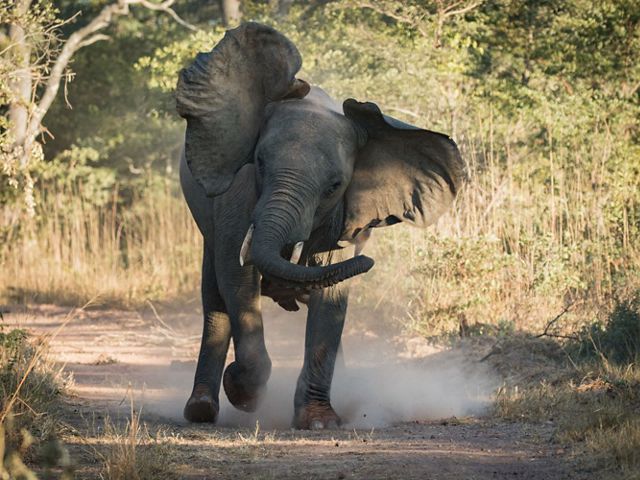
The Moomba community comprises 76 villages in Mulobezi Game Management Area (GMA), which is one of nine GMAs that encircle Kafue National Park (KNP). Despite KNP’s massive size—it’s bigger than New Jersey—the GMAs are crucial buffers against encroaching development and agriculture, and they provide additional refuge for species such as elephants, sable antelope, and wild dog.
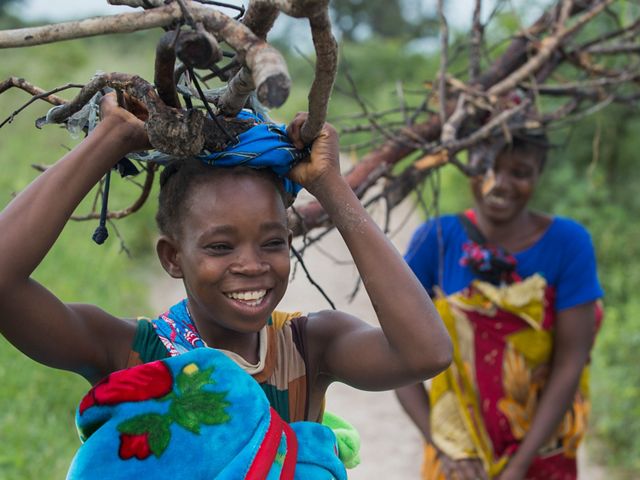
Life certainly isn’t easy here: the soils are extremely sandy, rainfall is erratic, cell signals are almost non-existent, and markets are several days’ journey away. The one resource that community members like Wave Kaninga and Dorothy Mukamba have is the forest they live in.
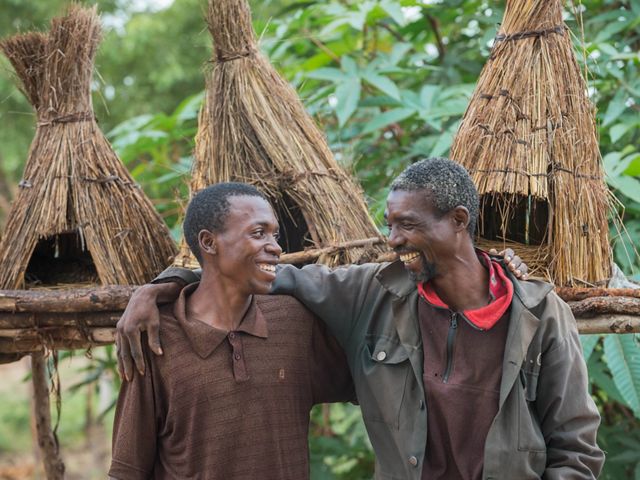
The forests provide these communities with building materials for everything from houses to chicken coops, like these ones Keshias Nalubamba and his father, Martin, made using supple branches, bark rope, and grasses.
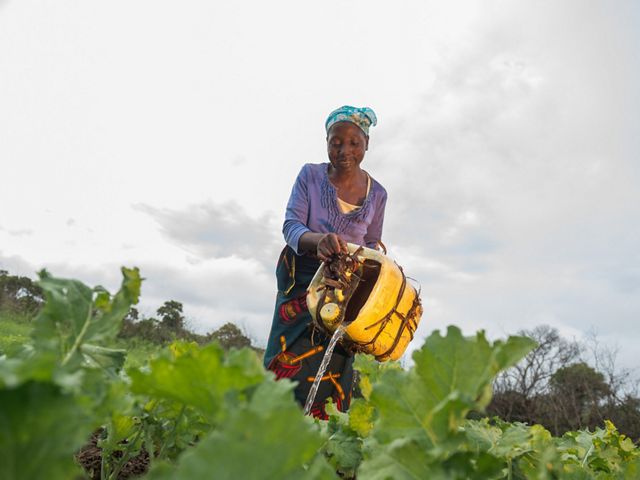
Yet the majority of the 13,000 people living in the Mulobezi GMA are subsistence farmers like Peggy Mulongo. Since there is little incentive to protect the forest, if land is needed for agriculture, it is cleared. By giving the community an opportunity to earn an income from sustainable wood products, we can ease the pressure on the forest.
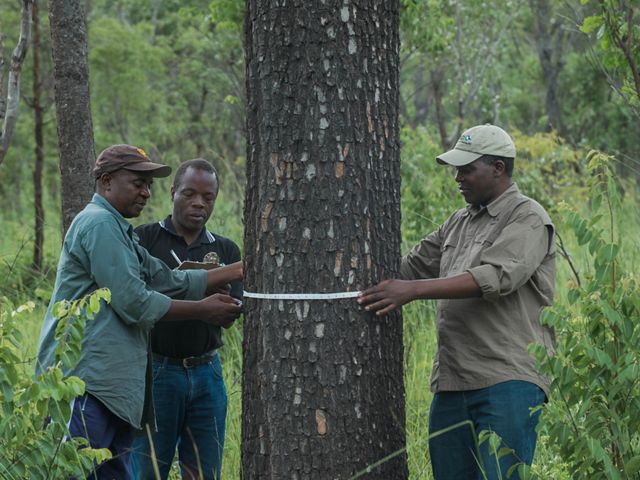
After years of hard work by TNC’s local team, the Moomba community has been granted the first-ever license for a community in a GMA to manage and earn money from its own timber logging and processing business.
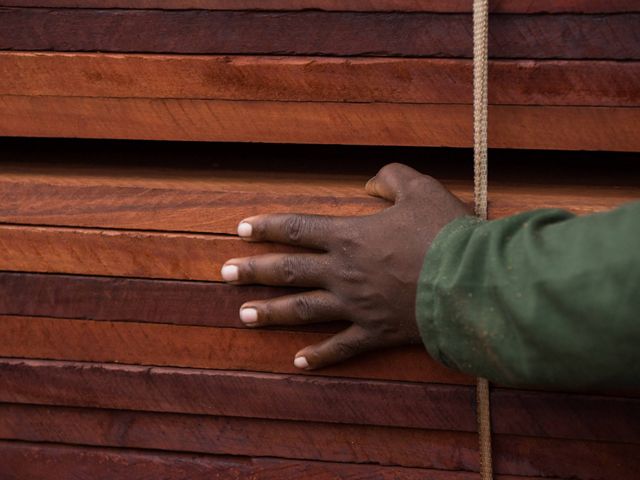
TNC Zambia will now help the community, through its Community Resource Board, explore the best enterprise model and create a business plan to sustainably harvest timber. The community leaders will bring traditional knowledge to the table, and TNC can bring global expertise in forestry science and new business development. Zambezi Saw Mills, which has been operating in the area for decades, may become a critical ally to the community in sharing experience, skills, and technology.
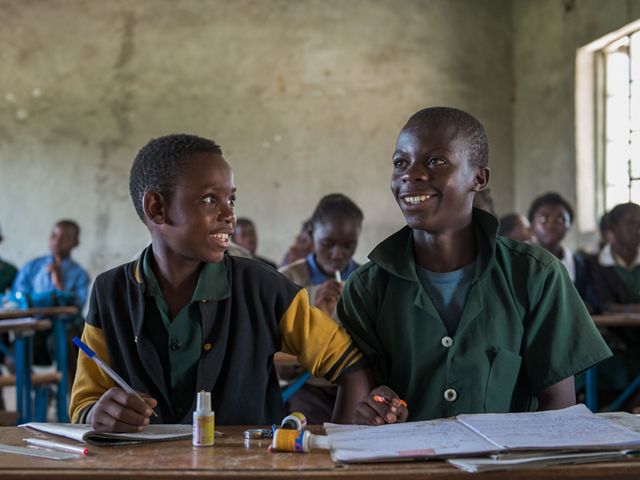
Community members will vote on projects to fund with profits from the forestry concession. Members have already discussed their priorities, which include projects related to health, sanitation, and education, like improvements to Moomba Primary School.
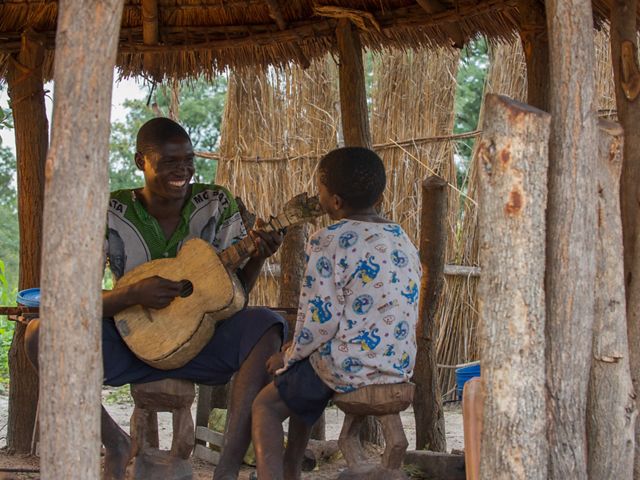
“We’ve learned that where communities are allowed, and given the ability to own and manage their natural resources, they will invest in that,” says Patricia Mupeta-Muyamwa, strategy lead for TNC Africa’s Indigenous People & Local Communities Program.
“There is so much potential for sustainable forestry to be linked to improved livelihoods and land management in Mulobezi, and the community is excited to finally start this journey.”
Using lessons learned from Kenya and Tanzania, TNC first pioneered communal land management in Zambia with the Kaindu community on the other side of KNP, helping them to secure a 99-year lease agreement on 15,000 hectares of wilderness. Revenue from tourism has fixed a school roof and built a kitchen for the health center.
While the ancient train to Mulobezi may be slow, development pressure around KNP is coming faster than ever. By using Kaindu and Mulobezi as models, we can begin to change policy for GMAs to ensure that they can all earn benefits from the protection of the resources around them.
